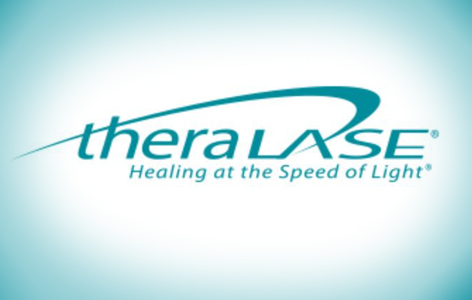Home page Description:
UHN and biotech collaboration extended with the aim of developing new anti-cancer drugs.
Posted On: June 13, 2016

On April 28th, 2016 the biotechnology company Theralase Technologies Inc. (Theralase) announced that it will extend its research partnership with UHN.
Theralase is a Toronto-based company that designs, develops and manufactures medical lasers to promote the healing of damaged tissues and the reduction of pain and inflammation. In parallel, the company develops new photodynamic compounds (PDCs), which are drugs that destroy cancer cells after being activated by a medical laser. In the past, UHN has worked with Theralase to conduct preclinical studies of new PDCs and medical lasers. Presently, Theralase and UHN are partnering to evaluate the efficacy and safety of a compound known as PDC TLD-1433 in a phase I clinical trial at the Princess Margaret Cancer Centre.
The new research agreement stipulates that Theralase and UHN researchers will continue to work together to evaluate the effectiveness of Theralase’s novel Ruthenium- and Osmium-based PDCs for the treatment of the lung, skin and brain cancers. UHN researchers will examine the new PDCs in a variety of experimental models of these cancers, and the most promising drug candidates will then be evaluated in clinical trials.
Theralase is a Toronto-based company that designs, develops and manufactures medical lasers to promote the healing of damaged tissues and the reduction of pain and inflammation. In parallel, the company develops new photodynamic compounds (PDCs), which are drugs that destroy cancer cells after being activated by a medical laser. In the past, UHN has worked with Theralase to conduct preclinical studies of new PDCs and medical lasers. Presently, Theralase and UHN are partnering to evaluate the efficacy and safety of a compound known as PDC TLD-1433 in a phase I clinical trial at the Princess Margaret Cancer Centre.
The new research agreement stipulates that Theralase and UHN researchers will continue to work together to evaluate the effectiveness of Theralase’s novel Ruthenium- and Osmium-based PDCs for the treatment of the lung, skin and brain cancers. UHN researchers will examine the new PDCs in a variety of experimental models of these cancers, and the most promising drug candidates will then be evaluated in clinical trials.




